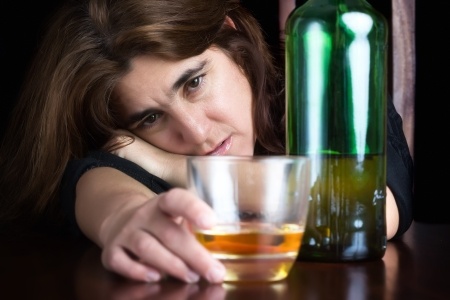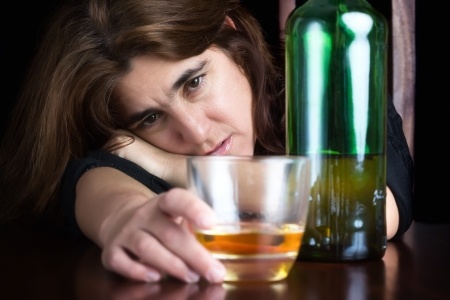Take a moment to think about the 11, most-important people above age 12 in your life. Are you including family members, friends, coworkers, your boss, and people you barely know? Guess what? Out of these 11 people, statistically, one of them (9.2 percent of all individuals over age 12) is suffering from drug or alcohol abuse, explains the Centers for Disease Control and Prevention (CDC). Fortunately, you can give those with addiction a chance at sobriety by learning how to recognize drug and alcohol abuse, which includes recognizing the signs of addiction and considerations during treatment.

Signs of Addiction
The signs of addiction should not be confused with symptoms of specific drug or alcohol abuse. As explained by the Mayo Clinic, the signs of drug abuse may include the following:
- Experiencing problems at school or work, such as frequently miss work or school, fail to maintain responsibilities, or see a decrease in performance.
- Physical health problems may be an indicator of how drug or alcohol abuse are negatively impacting the body’s ability to function. This may include lethargy, a lack of motivation, or unexplained illnesses.
- Neglecting appearance, such as not bathing, unkempt clothing, hair, or other typical grooming behaviors.
- Demonstrating significant changes in behavior. Significant changes in behavior occur when the brain is incapable of functioning correctly due to drug or alcohol abuse. A person with an addiction may appear paranoid, angry, irrational, or unwilling to consider others’ opinions. Additionally, a person may be more apt to engage in risky behaviors, such as promiscuity, binge drinking, or illegal activities in order to continue abusing drugs or alcohol.
- Unexplained expenses. Addiction demands payment, and those suffering from addiction may go to extreme measures to obtain money for drugs or alcohol. For example, a person may ask to borrow money unexpectedly or steal money and items of value.
Symptoms of Addiction
The development of a tolerance remains the most significant symptom of any addiction. In other words, a person with an addiction will need larger doses of alcohol or the substance in order to achieve the same effect. The symptoms of drug addiction include the following:
- Experiencing cravings for the drug.
- Feeling that use of the drug is necessary, not optional.
- Stockpiling the drug.
- Spending money on the drug, even when money is supposed to go towards other necessary expenses, such as rent, medical bills, and insurance.
- Going to great lengths to get the drug, including violent actions.
- Focusing more time and energy on getting the drug.
- Attempting to stop using the drug, but failing to quit.
- Experiencing unpleasant withdrawal symptoms when not using the drug, such as nausea, anxiety, vomiting, or malaise.
- Engaging in risk behaviours, such as driving while under the influence of the drug.
- Refraining from once-enjoyed activities in order to continue abusing the drug.
These symptoms of drug addiction closely mirror the criteria, as set forth in the Diagnostic and Statistical Manual of Mental Disorders, Fifth Edition, reports the National Institute on Alcohol Abuse and Alcoholism (NIAAA), for diagnosis of an alcohol use disorder (AUD). However, a few differences include the following:
- Drinking more than intended. “I’ll have just one more beer.”
- Experiencing a greater chance of getting hurt due to drinking, such as when driving, swimming, boating, or having unprotected sex. “I’ll be fine to go to work.”
A Consideration in Treatment for Drug and Alcohol Abuse
Withdrawal from severe alcoholism can be life-threatening. Whereas withdrawal from drugs is typically unpleasant, not dangerous. Fortunately, treatment for drug and alcohol abuse starts with managed detoxification (detox) in a supervised facility. This refers to the use of medications to control withdrawal symptoms, which may include benzodiazepines, anti-seizure medications, anti-anxiety medications, antidepressants, and antipsychotics, if necessary.
The best treatment for addiction also focuses on beginning long-term medication and psychotherapy (talk therapy) treatment during inpatient hospitalization. This helps a person learn the skills to maintain sobriety and recovery. For those with severe addiction problems, residential treatment for several months after discharge may be necessary.
Addiction is a real mental health disorder, and those who know of or suspect addiction in a loved one or friend need to know how to recognize drug and alcohol abuse. Since addiction can be hard to admit, those closest often take the first steps towards getting help for someone with an addiction.

